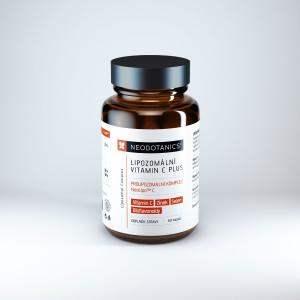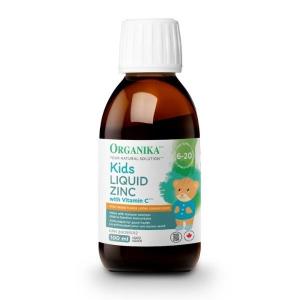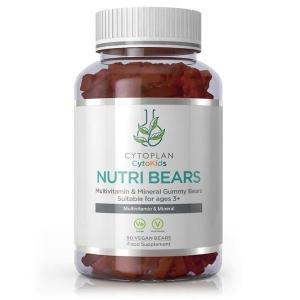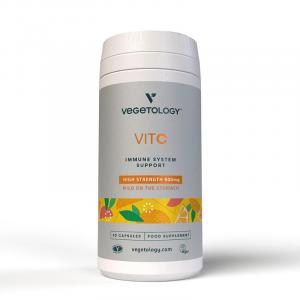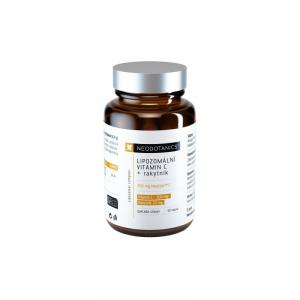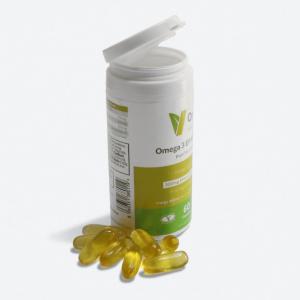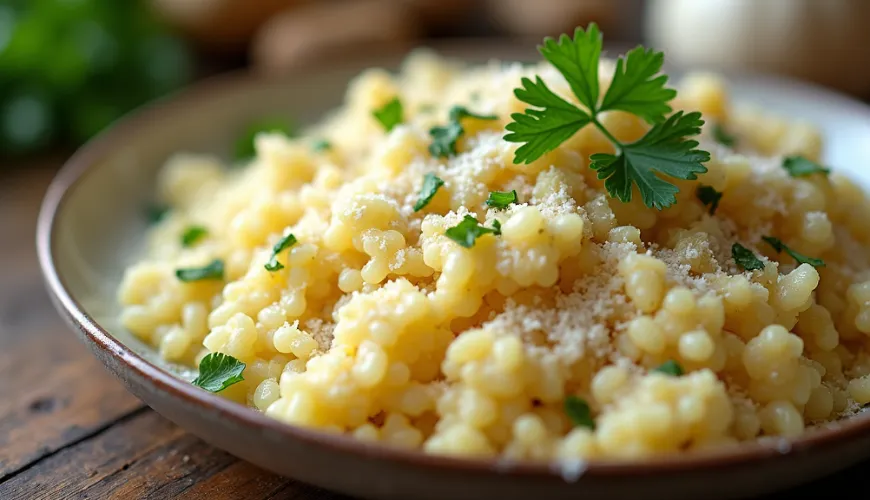
Healthy Food Within Reach with Vitamin Salad from Sauerkraut
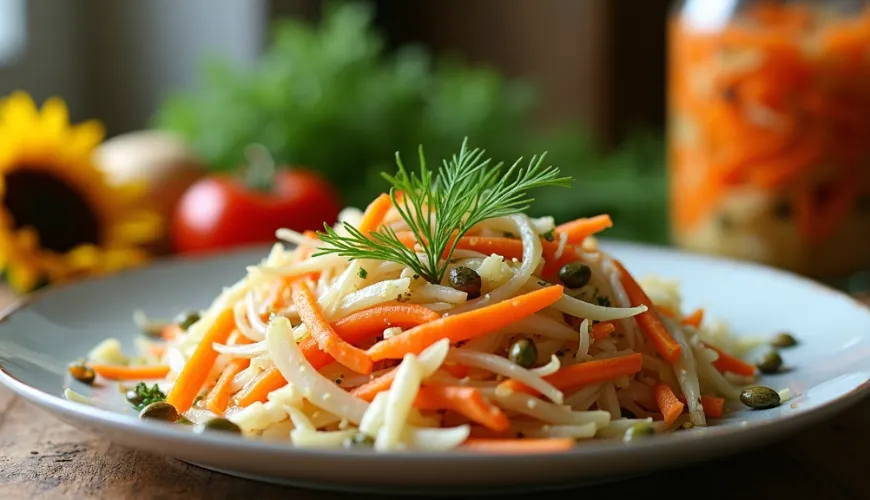
Why Should a Vitamin Salad with Sauerkraut Be on Your Table?
When you hear sauerkraut, most people think of traditional Czech cuisine – roast pork with dumplings and sauerkraut, or winter canning. However, few know that sauerkraut is a true superfood and that it can be used to prepare a fresh, tasty, and nutritionally rich vitamin salad, which fits well into a modern diet.
As discussions about gut microbiome, natural fermentation, and the importance of fiber increase, sauerkraut is coming back into focus as an affordable, accessible, and highly effective way to care for health. And if you add a few carefully selected ingredients, you can create a salad that provides the body with vitamins, enzymes, and other nutrients – without the need for synthetic dietary supplements.
What Makes Sauerkraut So Special?
Sauerkraut is made through the natural fermentation of white cabbage in the presence of salt and time. During this process, the sugars are broken down by lactic acid bacteria (particularly the Lactobacillus species), which produce lactic acid. This not only preserves the cabbage but also supports the formation of beneficial live bacterial cultures that positively impact the gut microbiome.
Interestingly, fermented cabbage contains significantly more vitamin C than fresh cabbage – which is why it was a crucial food for sailors in the past, helping to prevent scurvy. In addition, it contains B vitamins, vitamin K, enzymes, antioxidants, and minerals such as calcium, magnesium, potassium, and iron. Moreover, it is rich in fiber but low in calories.
This makes it an ideal base for salads that not only satiate but also support digestion, cleanse the body, and boost immunity – perfect for autumn, winter, and spring, when the body needs a new burst of energy after winter.
How to Make a Vitamin Salad with Sauerkraut?
The base is simple – high-quality, unpasteurized sauerkraut, preferably homemade or from a trusted producer who does not heat-treat it. Pasteurization destroys live cultures and reduces the health benefits of this product.
You can then add a whole range of fresh and fermented ingredients to the cabbage. Some great options include:
- Grated carrot – adds sweetness, color, and beta-carotene
- Onion or spring onion – for a more pronounced flavor and detoxifying effects
- Apple or pear – natural sweetness, vitamin C, and fiber
- Fresh dill or parsley – for freshness and extra antioxidants
- Pumpkin or sunflower seeds – as a source of zinc, magnesium, and healthy fats
- A piece of beetroot – not only for color but also to support blood formation
- A teaspoon of quality oil, ideally cold-pressed – for better absorption of fat-soluble vitamins (A, D, E, K)
Try our natural products
The resulting salad is crunchy, refreshing, full of varied flavors, and incredibly nutritious. And because sauerkraut has a fairly strong flavor on its own, there's no need for any additional seasonings or salt.
Real-Life Practical Example
A mother of two from South Moravia decided to replace the usual afternoon snacks of sandwiches with something healthier. She chose a vitamin salad with sauerkraut, apples, carrots, and seeds. Initially, she served it to her children in smaller portions, often in colorful bowls or as a side dish to the main meal. After several weeks, the children got used to the taste and began requesting "the crunchy salad" even for school. The mother noticed that the children had fewer colds, better digestion, and were generally more energetic. Meanwhile, preparation took only a few minutes, and she mostly had the ingredients at home.
This is not an isolated case – similar experiences are confirmed by nutritionists. Some studies suggest that regular consumption of fermented foods leads to a more diverse gut microbiome and a reduction in chronic inflammation in the body.
Fermentation as a Key to Balance
In our modern diet, heat-treated, highly industrially processed foods without enzymes and natural microflora often prevail. This weakens our digestion and immunity. Fermented foods, such as sauerkraut, kimchi, or pickles, help us restore this balance naturally.
Especially in winter months, when the supply of fresh seasonal vegetables is limited, sauerkraut can become a literal treasure on the plate. "Fermentation is the most natural way to preserve food while enriching it with new nutrients," says renowned microbiologist William Davis, author of books on gut microbiome.
Surprisingly, even people who usually suffer from sensitive digestion often tolerate fermented foods very well – precisely because of the enzymes that help break down food and reduce the burden on the digestive tract.
Vitamin Salad as Part of a Holistic Lifestyle
Including a vitamin salad with sauerkraut in your diet is not just about health per se – it's also about returning to simplicity, seasonality, local foods, and a sustainable approach. Just consider how many nutritionally poor foods we consume every day out of habit – sweets, white bread, sweetened drinks – and how many benefits we could gain if we replaced them, at least partially, with something as accessible as sauerkraut with carrots and apple.
Moreover, preparing the salad does not burden the environment. You don't need any exotic ingredients, no packaging, no extra energy. Everything can be prepared at home, from Czech ingredients, with minimal ecological footprint. And if you support small farmers or local producers of sauerkraut without chemicals, you help not only your health but also the local economy.
In many families today, large ceramic jars for home fermentation are reappearing – some are making not only sauerkraut but also kimchi, beetroot, or fermented vegetables. And this return to natural food processing methods could be the key to a better future – for our planet and our bodies.
So why not start today with a salad that is not only rich in vitamins but also tasty, simple, and sustainable?
